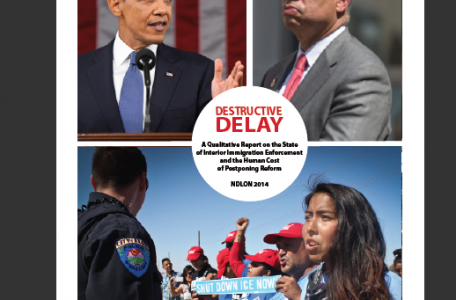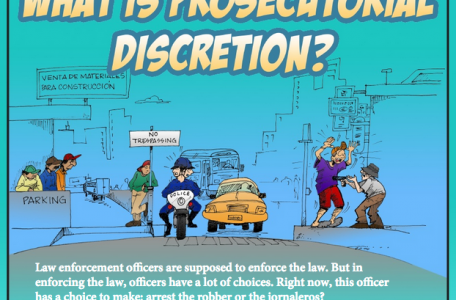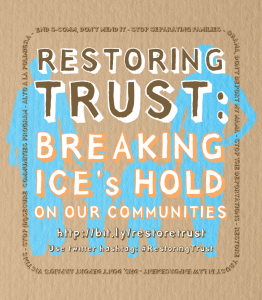(Los Angeles, March 23, 2016) – Dozens of transgender women, including asylum seekers who have come to the United States seeking protection from abuse in their home countries, are locked up in jails or prison-like immigration detention centers across the country at any point in time, Human Rights Watch said in a report released today. Many have been subjected to sexual assault and ill-treatment in detention, while others are held in indefinite solitary confinement. [Read the full report here]
The 68-page report, “‘Do You See How Much I’m Suffering Here?’: Abuse against Transgender Women in US Immigration Detention,” documents 28 cases of transgender women who were held in US immigration detention between 2011 and 2015. More than half of the transgender women Human Rights Watch interviewed were held in men’s facilities at some point. Half also spent time in solitary confinement, in many cases allegedly for their protection. But solitary confinement is a form of abuse in and of itself, and many who had spent time there experienced trauma and profound psychological distress. Read more




